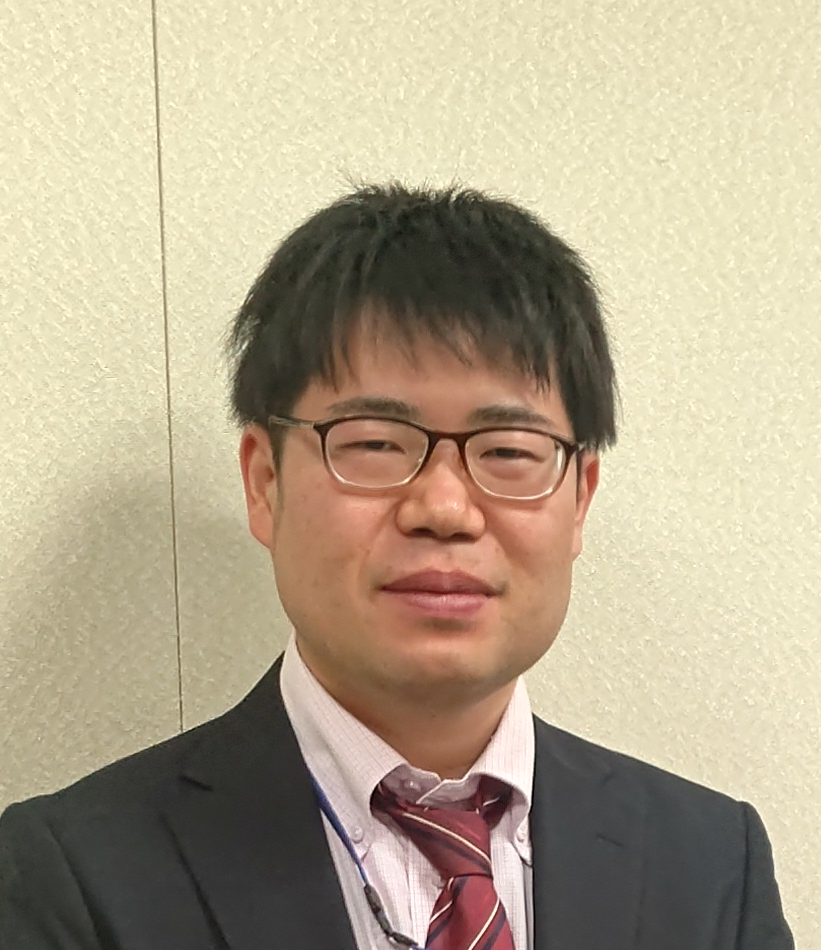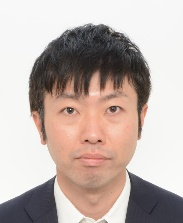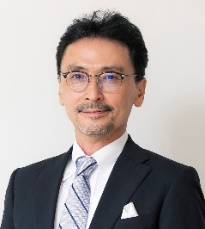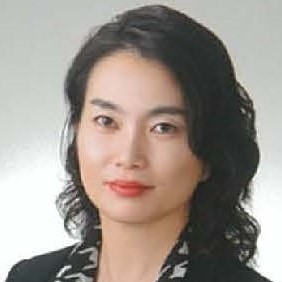[Report] Since its presentation in the OECD report in 2009, the bioeconomy has been the subject of active discussion around the world, and Japan has also set a goal to realize a bioeconomy society by 2030. The main purpose of this workshop is to understand the diversity of the bioeconomy and to comprehensively address related topics. This year’s session focused on policies related to the bioeconomy. We welcomed 71 participants on the day and had a very fruitful exchange of views on efforts to realize bio-manufacturing.
The contents of this report are summarized below.
◆International Policy Trends in Biotechnology
Makiko Matsuo, Project Associate Professor, Graduate School of Public Policy, Institute for Future Initiatives, UTokyo
In recent years, many countries, including the U.S. and the U.K., have developed various policies on synthetic biology and engineering biology, and many consulting firms published reports around 2020 related to biotechnology, indicating revolutionary progress in technological applications in various fields and expectations of significant economic benefits. In particular, the importance of biomanufacturing, which will bring about a major shift in manufacturing processes, is being emphasized as the materials around the world are expected to be replaced by bio-based materials in the future. In the U.S., an executive order in 2022 has led to the issuance of specific policy documents on the bioeconomy and biomanufacturing by relevant government agencies, and in the U.K., the Department for Science, Innovation and Technology presented a national vision for engineering biology late last year. In the OECD, discussions on synthetic biology have been progressing including among experts. International discussions are intensifying not only on technology promotion and capital investment, but also such as on rule-making, biosecurity, and standardization.
◆Future Direction of Bio-Strategy
Takuro Matsumoto, Deputy Director, Secretariat of Science, Technology and Innovation Policy, Cabinet Office
The “Bio Strategy” aims to realize the world’s most advanced bioeconomy society by 2030, based on three pillars: expansion of bio-related markets, formation of bio-communities, and development of data infrastructures. As pointed out in reports from the U.S. and the OECD, the potential of biotechnology has opened up considerably over the past decade. Discussions are currently underway for the third revision of the “Bio Strategy,” and the following five issues have been presented.
1) It may be necessary to present a more concrete vision of what we are aiming for in order to encourage the efforts of all concerned to realize the world’s most advanced bioeconomy society.
2) With regard to the development of basic and manufacturing technologies needing large budgets, it may be necessary to present strategies for the development of various environments to accelerate the implementation and commercialization of results.
3) In order to create further new markets, it may be necessary to indicate strategies for trends in the latest technologies related to biotechnology, the R&D environment, and human resource development.
4) With regard to the bio-community, as the activities get into full swing, it may be necessary to specifically position the goals and initiatives in the strategy.
5) In addition to the above, it may be necessary to organize the description based on the positioning of the bio-strategy, integrated innovation strategy, the strategies of each ministry, and other related elements.
◆Trends in Biotech Manufacturing and Initiatives in Japan
Daisuke Ishizuka, Deputy director, Bio-Industry Division, Commerce and Service Industry Policy Group, METI
In order to lead the world in the biotechnology field, it is necessary to make bold and focused investments from a medium- to long-term perspective. The Ministry of Economy, Trade and Industry (METI) has also positioned the realization of a bio-manufacturing revolution as one of the new key elements of its economic and industrial policy, and is promoting it as an innovation that pursues the dual goals of economic growth and solution to societal issues. Specific efforts will be made based on the following three directions.
1) Accelerate development of microbial platform technology and production technology
Focus on microbial design platform technology and production stage technologies such as cultivation and fermentation, etc. Utilize the Green Innovation Fund Projects and the Biomanufacturing Revolution Promotion Project to promote technology development and international standardization.
2) Efforts to resolve industry needs and issues
In order to create and expand the market for bio-based products, enhance the economic value of bio-based products through certification and credits for the GHG emission reduction impact. In addition, improve consumer acceptance of bio-derived products through risk communication with consumers and the development of needed systems.
3) Establish a domestic industrial base by improving the business environment, etc.
In addition to securing and fostering biotech human resources and supporting startups that will play a key role in biotech manufacturing, promote the development of peripheral industries in Japan, such as experimental aids, measuring instruments, sensors, and reagents.
◆Recent trends in the bioeconomy field
Wataru Mizunashi, Director General, Bioeconomy Unit, Technology Strategy Center, NEDO
The promotion of the bioeconomy is beginning to be driven by various changes, including the acceleration of the carbon neutrality initiatives and the growing recognition of the importance of nature positivity, as international discussions on climate change and biodiversity loss issues progress. Against this backdrop, NEDO has released its “Technology Development Comprehensive Guidelines for the Realization of a Sustainable Society (NEDO Comprehensive Guidelines),” a comprehensive overview and evaluation of key technologies for achieving carbon neutrality. NEDO has developed a number of technological strategies and research reports in the field of bioeconomy, and is now preparing proposals for achieving carbon neutrality, circular economy, and nature positivity under the theme of “nature symbiotic economy” for publication by the end of FY2023. In preparing the proposal, the organization reported that it will deepen discussions with emphasis on the following three directions: (1) conversion to renewable resources, (2) recycling of waste materials and improvement of resources recycling, and (3) maintenance and regeneration of natural capital.
Bioeconomy Workshop (Invitation Only/ Reservation Required): The 19th Bioeconomy Workshop: “Japan’s Bio-Strategy and Policy Trends in Bio-Manufacturing”
● Date: Tuesday, January 9, 2024, 3:30 p.m. – 5:30 p.m.
● Venue: Online by Zoom
● Organizer: Education and Research Unit of Science, Technology and Innovation Governance (STIG), The University of Tokyo (Representative: Hideaki Shiroyama) https://stig.pp.u-tokyo.ac.jp/
● Co-sponsor: The Green Technologies for Excellence (GteX) Program, Japan Science and Technology Agency (JST): “Development of DBTL Technology for Bioengineering to Pioneer Diverse Microbial Functions” (FY2023-2027) (Research Leader: Kohsuke Honda); SciREX Co-Evolution Realization Program Phase III, “Promoting Bio-Manufacturing for Bio-Economy: Visualization of Policy Issues and Institutional Design” (Research Leader: Makiko Matsuo); “Bio-Digital Transformation (Bio DX) Industry-Academia Co-Creation Center” (Project Leader: Takashi Yamamoto)
● Schedule:
– Explanation of the purpose of this meeting and international policy trends in biotechnology
Makiko Matsuo, Project Associate Professor, Graduate School of Public Policy, Institute for Future Initiatives, UTokyo (15-20 minutes)
– Future Direction of the Biotechnology Strategy
Takuro Matsumoto, Deputy Director, Secretariat of Science, Technology and Innovation Policy, Cabinet Office (20-30 minutes, including Q&As)
– Trends Surrounding Biomanufacturing and Japan’s Initiatives
Daisuke Ishizuka, Deputy Director, Bio-Industry Division, Commerce and Service Industry Policy Group, METI (20-30 minutes, including Q&As)
– Recent Developments in Bioeconomy
Wataru Mizunashi, Director General, Bioeconomy Unit, Technology Strategy Center, NEDO (20-30 minutes, including Q&As)
Time left: Discussion
● Number of participants: 71
Speaker’s bio:
 |
Takuro Matsumoto, Deputy Director, Secretariat of Science, Technology and Innovation Policy, Cabinet Office Current position since June 2022. Mr. Matsumoto joined the Ministry of Education, Culture, Sports, Science and Technology (MEXT) in 2013, where he was in charge of curriculum in primary and secondary education, formation of international basic research centers, and R&D and social implementation of disaster prevention science and technology. In his current position, he is in charge of promoting the biotechnology strategy, one of the sectoral strategies of the Council for Science, Technology and Innovation. |
 |
Daisuke Ishizuka, Deputy Director, Bio-Industry Division, Commerce and Service Industry Policy Group, METI Current position since May 15, 2022. Upon joining METI in 2008, Mr. Ishizuka was responsible for budgeting in the ministry, tax reform and accounting in the electric power industry, and SME finance (policy finance). After conducting policy research at Vanderbilt University in the U.S. for a year from 2015, he was responsible for global warming countermeasures and competition policy. After working in the human affairs (human resource development) field, he has been in charge of policy support for biomanufacturing (white biotechnology sector) to assist the social implementation of companies in his current position. |
 |
Wataru Mizunashi, Director General, Bioeconomy Unit, Technology Strategy Center, NEDO Current position since April 1, 2020. Currently, playing a role of think tank for NEDO, he is engaged in the formulation of technological strategies, the provision of policy evidence, and the establishment of national projects in the bioeconomy field. He is also working to promote the bioeconomy worldwide through his activities as an international advisory council member of the World Economic Forum and the Global Bioeconomy Summit. (Mr. Mizunashi is on secondment from Mitsubishi Chemical Corporation) |
 |
Makiko Matsuo, Project Associate Professor, Graduate School of Public Policy, Institute for Future Initiatives, UTokyo Makiko Matsuo is currently serving as a Project Associate Professor at the Graduate School of Public Policy, the University of Tokyo, where she engages in teaching and research on topics within Science, Technology, and Innovation Governance (STIG program). She is also an affiliated faculty member of the Institute for Future Initiatives at the University of Tokyo. She serves as a member and advisor on multiple Japanese government councils and funding agencies. Her areas of concern are interdisciplinary in nature and cover analysis frameworks and approaches such as technology assessment, science and technology policy studies, governance research (technology governance, global health governance), risk research (risk governance, risk regulation, international harmonization), ELSI (Ethical, Legal, Social Implications/Issues), and RRI (Responsible Research and Innovation). Her applied fields of study include new biotechnology (genome editing and synthetic biology/engineering biology), food safety, and global health. https://researchmap.jp/makiko_matsuo?lang=en |
[The objective of the bioeconomy seminar series] Since a bioeconomic report was created by the OECD in 2009, many countries in Europe and the United States have developed policy documents highlighting the bioeconomy and the momentum for the bioeconomy has been growing. It has also been declared in the Bioeconomic Strategy 2019 that Japan will create the world’s leading bioeconomic society by 2030 and update and promote its bioeconomic strategy every year. However, the bioeconomy concept is extremely broad and its specific overview is not sufficiently certain. This seminar therefore aims to invite experts of domestic/international trends and share information about the current status of bioeconomic developments with the participants. Through this interaction, we will consider the significance, strengths, and challenges of bioeconomies.